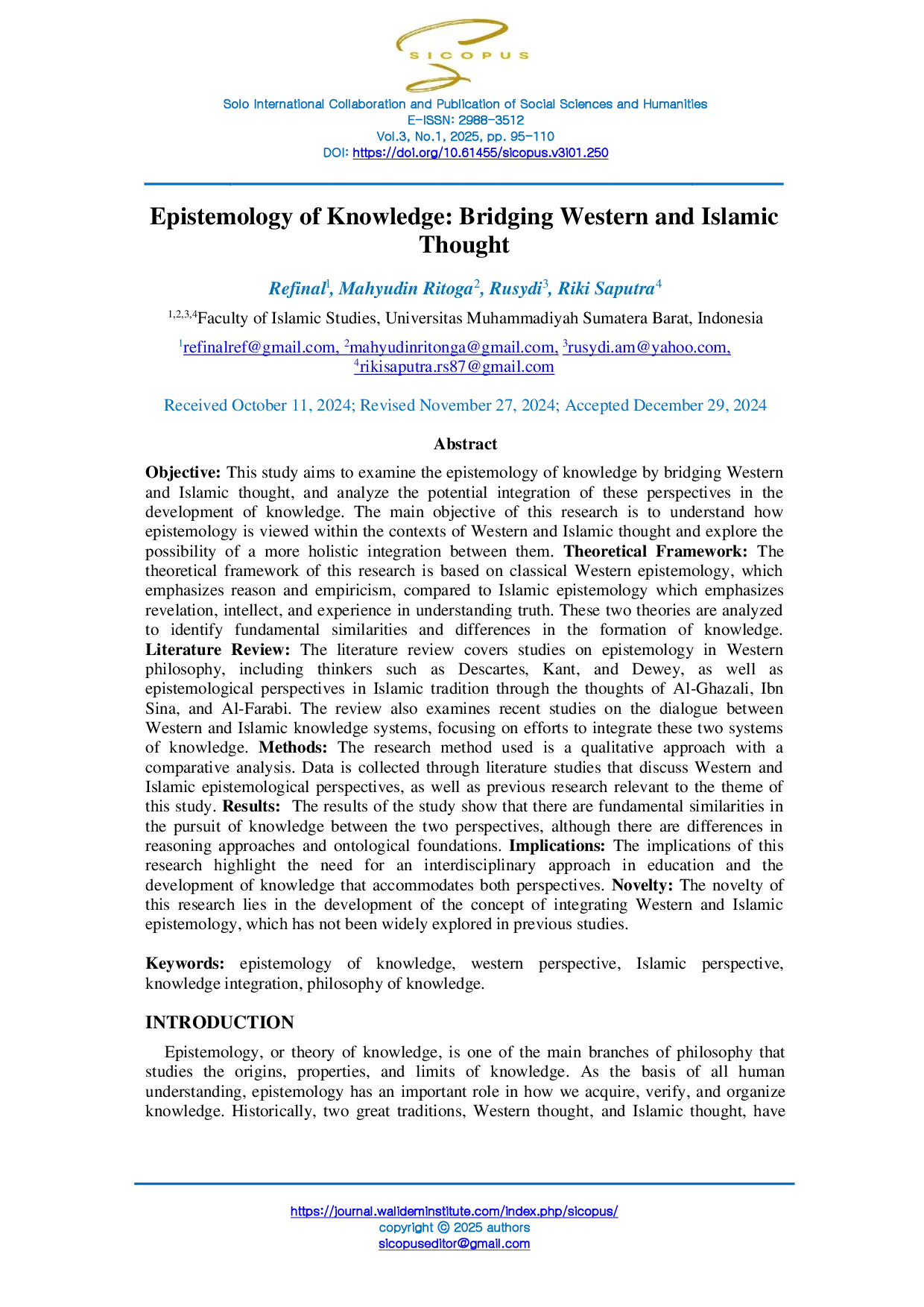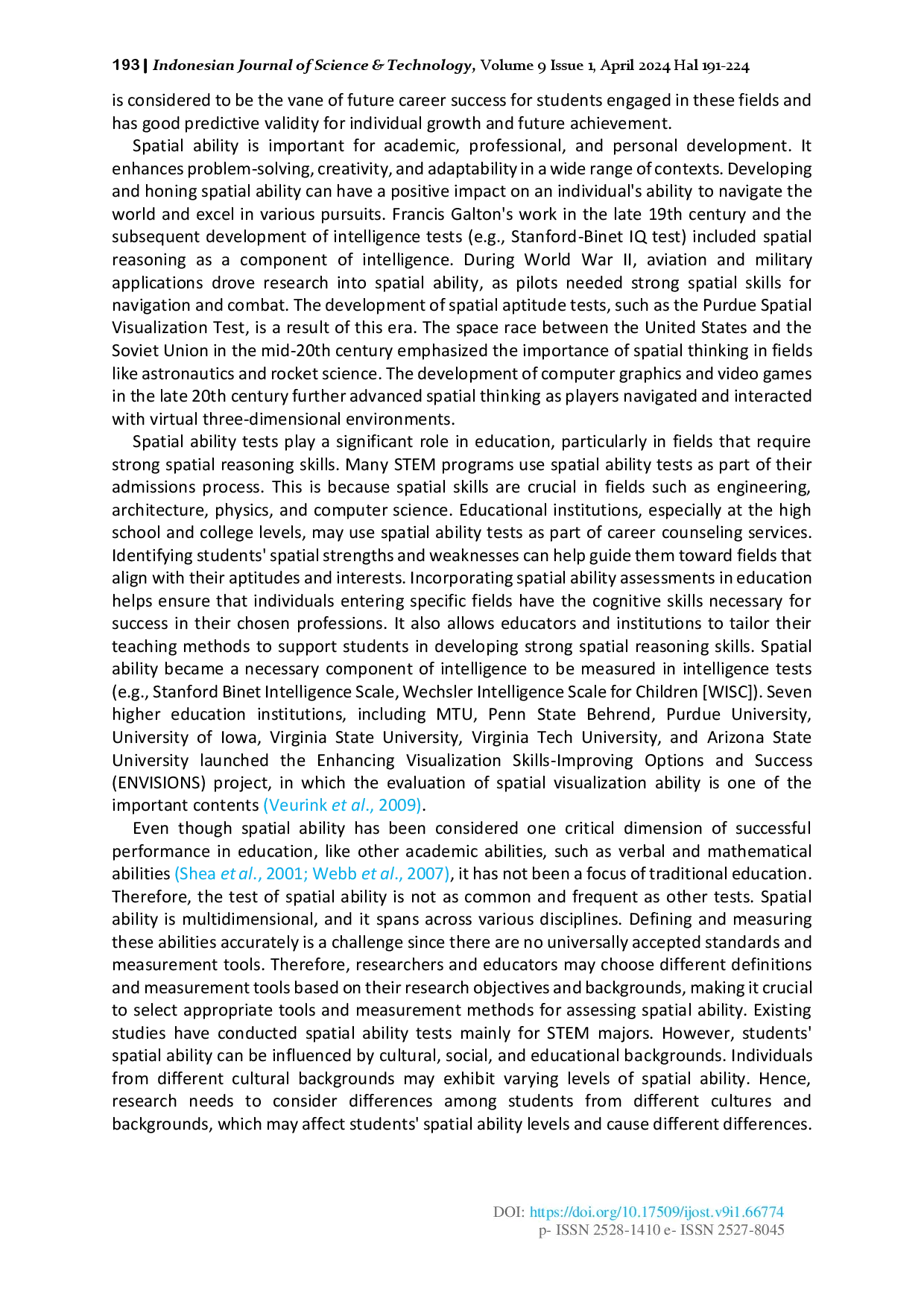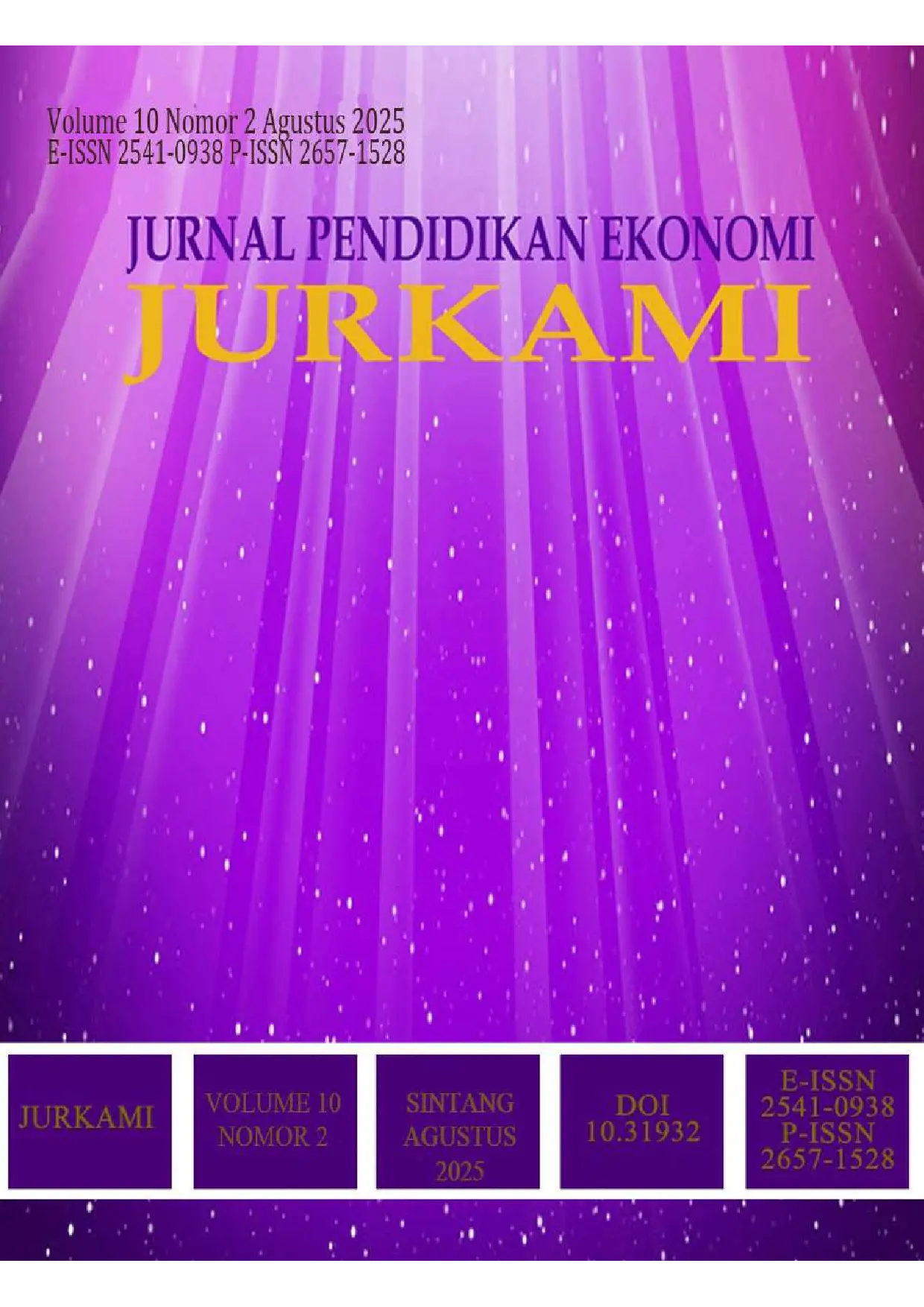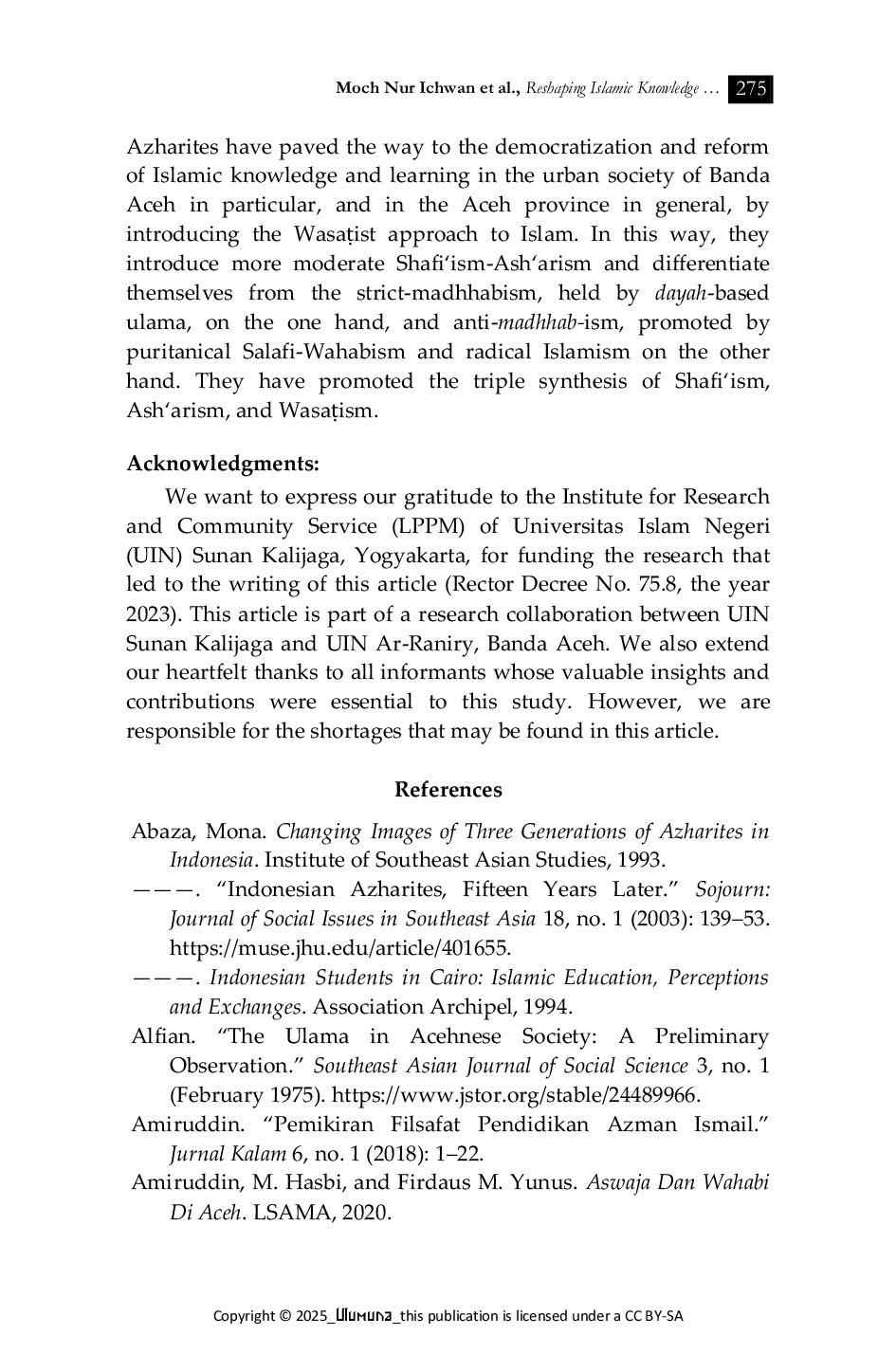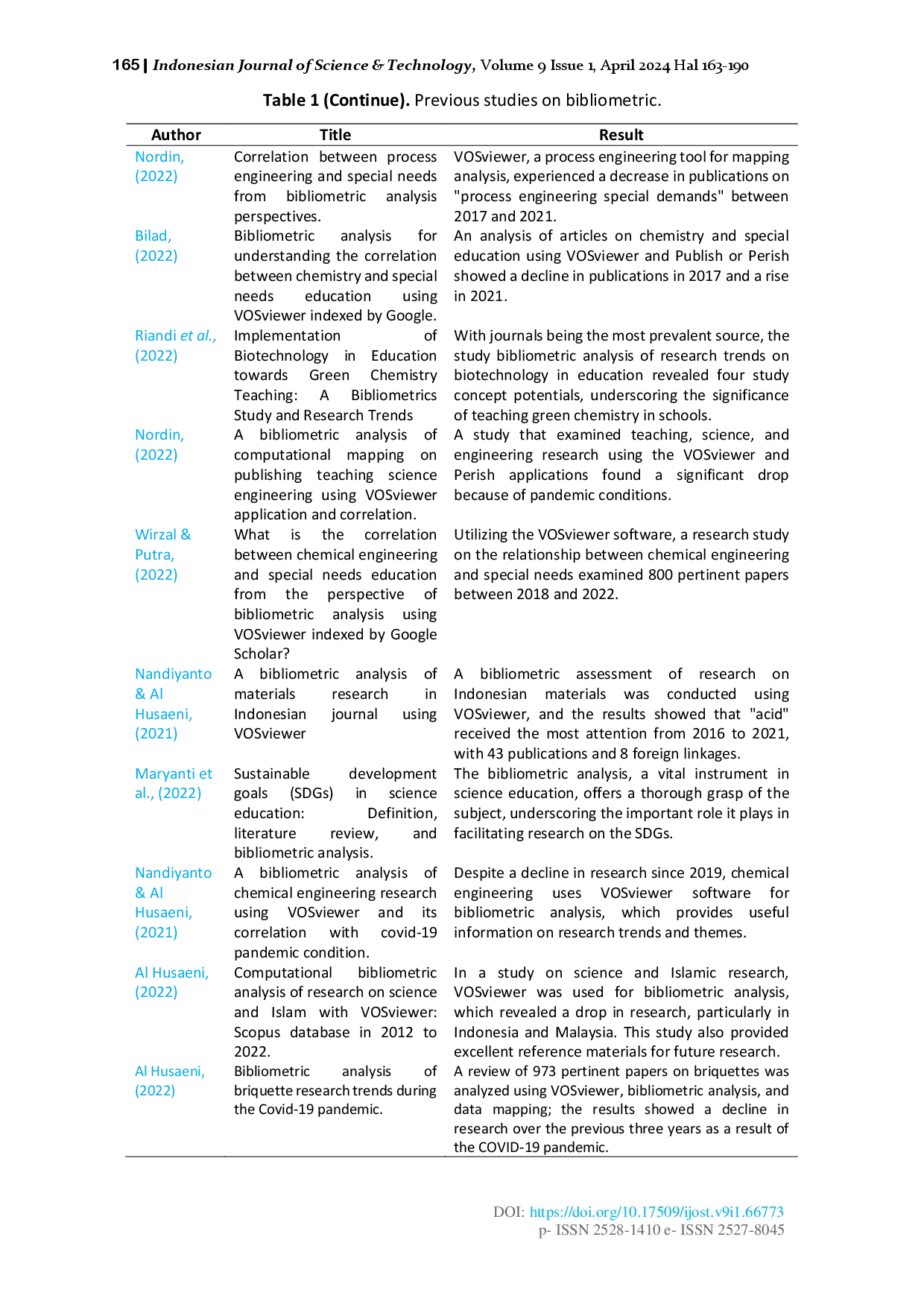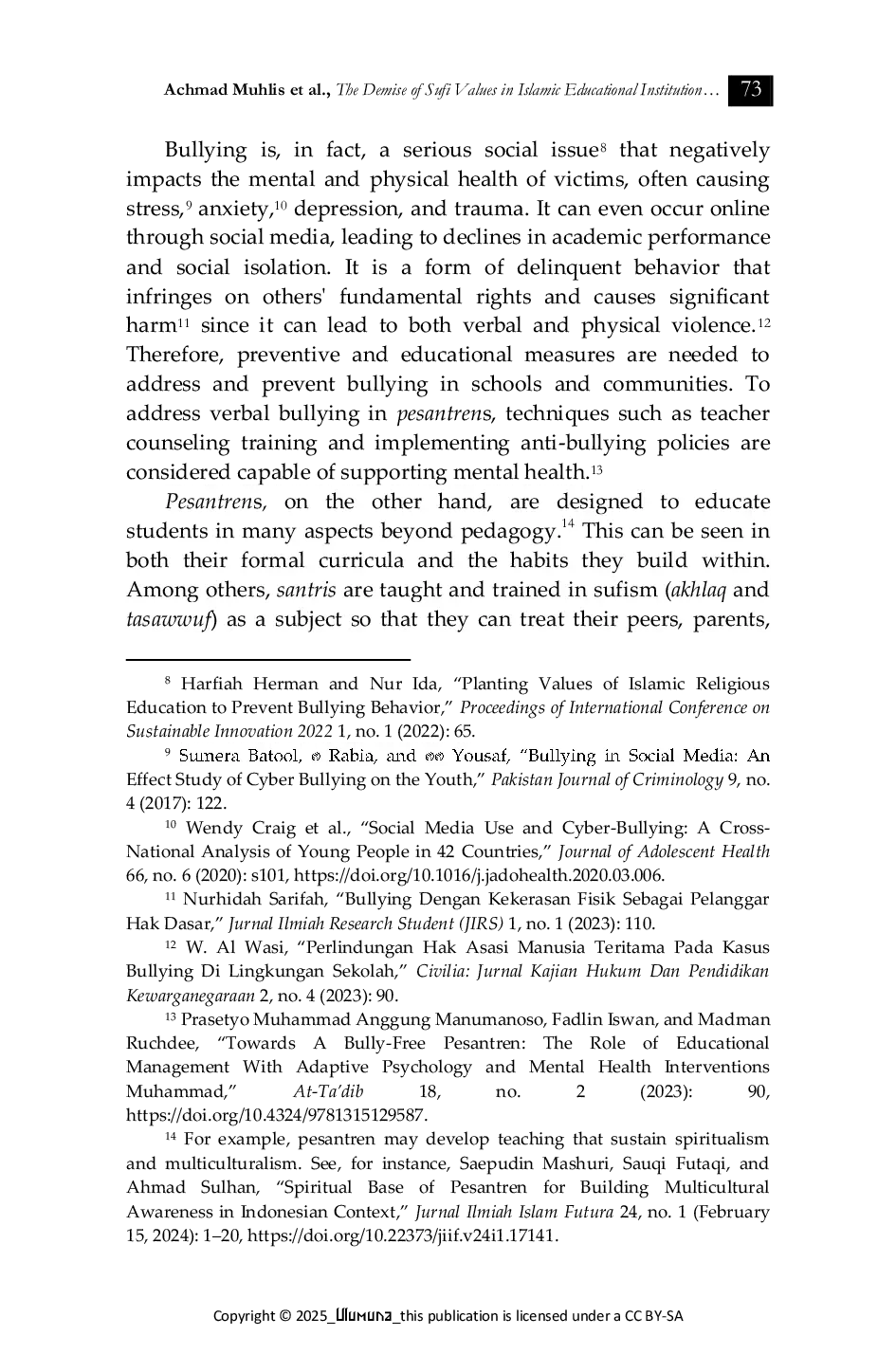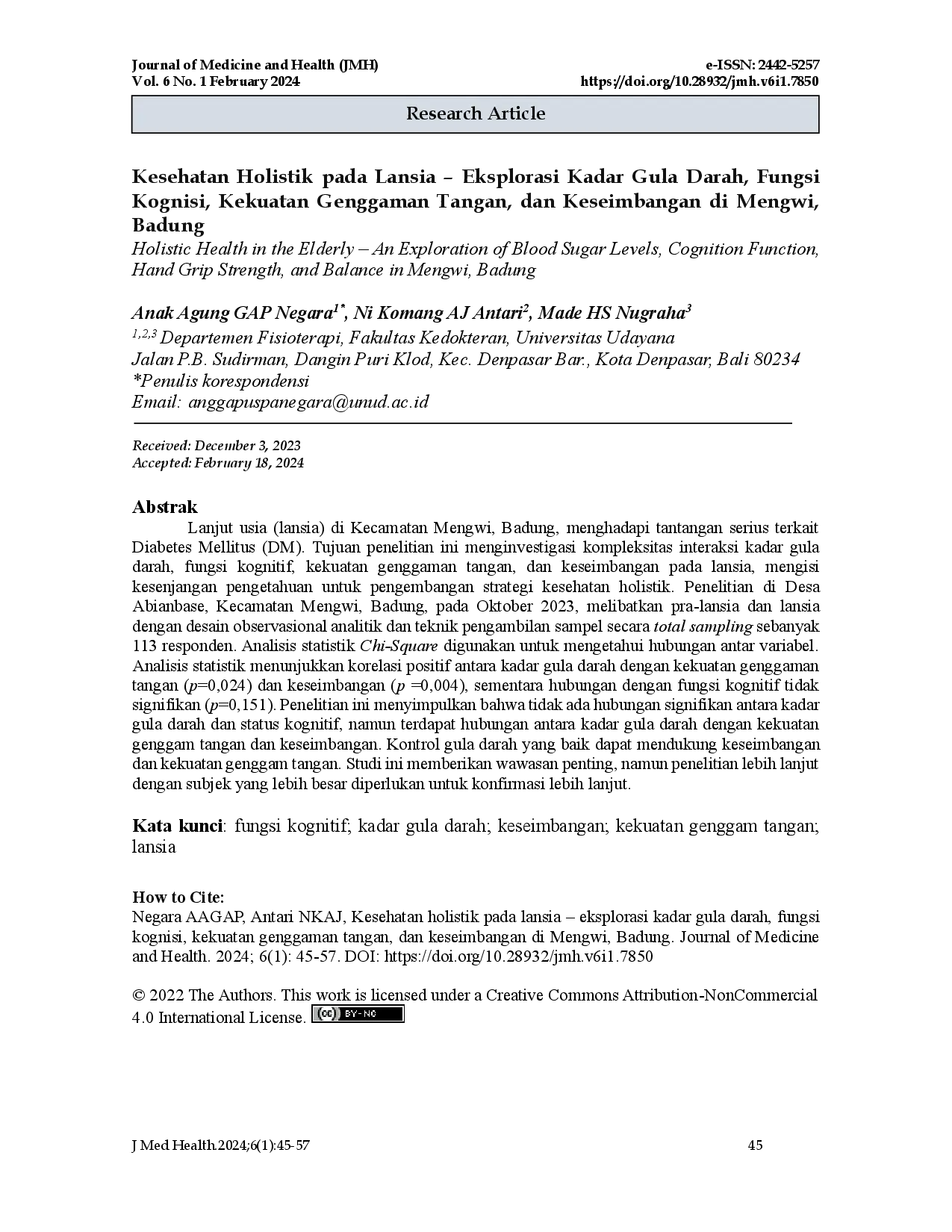PPISHKPPISHK
Journal of Contemporary Governance and Public PolicyJournal of Contemporary Governance and Public PolicyThis study aims to determine how a countrys abundant natural resource wealth can be utilised to bolster its economy and alleviate poverty. This study focuses on the use of natural resources to expedite development. This investigation makes use of a library-based qualitative research strategy. Data was gathered by conducting a Scopus search for natural resources-related journal articles using titles, keywords, and abstracts as metadata search references, and then analysing the results with the VOSviewer tool. The results indicate that natural resource-rich regions do not guarantee increased economic growth or reductions in poverty. Poverty in Indonesia is a complex issue, despite the fact that a number of developing nations have been successful in implementing improvements in national production and income. The conclusion demonstrates that the resource curse in Indonesia is a result of poor resource management, which causes poverty.
Poverty in Indonesia contradicts the notion that abundant natural resources will inevitably lead to economic prosperity.The study concludes that poverty, envy, and conflict result when natural resource wealth is not accompanied by equitable income distribution.The fair management of natural resources and equitable distribution of benefits to producing regions are crucial for overcoming the resource curse in Indonesia.
Further research should investigate the specific mechanisms through which poor resource management leads to poverty in different regions of Indonesia, considering local contexts and governance structures. Additionally, studies could explore the effectiveness of various policy interventions, such as revenue-sharing schemes and community-based resource management, in mitigating the resource curse and promoting inclusive growth. Finally, research is needed to assess the role of institutional quality, transparency, and accountability in ensuring that natural resource wealth translates into tangible benefits for local communities and contributes to sustainable development, building upon existing studies of regional autonomy and its impact on resource allocation and poverty reduction. These investigations should also consider the potential for diversifying regional economies beyond reliance on natural resource extraction to foster long-term resilience and reduce vulnerability to commodity price fluctuations.
- Sustainable Energy: Choosing Among Options. sustainable energy choosing options skip main content electronic... doi.org/10.5070/g312310664Sustainable Energy Choosing Among Options sustainable energy choosing options skip main content electronic doi 10 5070 g312310664
- Poverty and the Curse of Natural Resources in Indonesia | Journal of Contemporary Governance and... doi.org/10.46507/jcgpp.v4i1.92Poverty and the Curse of Natural Resources in Indonesia Journal of Contemporary Governance and doi 10 46507 jcgpp v4i1 92
- RELASI OTONOMI KHUSUS DAN PENGURANGAN KEMISKINAN DI PROVINSI ACEH | Ikhsan | Journal Public Policy. relasi... jurnal.utu.ac.id/jppolicy/article/view/698RELASI OTONOMI KHUSUS DAN PENGURANGAN KEMISKINAN DI PROVINSI ACEH Ikhsan Journal Public Policy relasi jurnal utu ac jppolicy article view 698
| File size | 697.48 KB |
| Pages | 18 |
| DMCA | Report |
Related /
WALIDEMINSTITUTEWALIDEMINSTITUTE Kerangka teoretis penelitian ini didasarkan pada epistemologi Barat klasik yang menekankan rasionalitas dan empirisme, dibandingkan dengan epistemologiKerangka teoretis penelitian ini didasarkan pada epistemologi Barat klasik yang menekankan rasionalitas dan empirisme, dibandingkan dengan epistemologi
ASIAASIA Kegiatan ini tidak hanya meningkatkan kesadaran akan gaya hidup sehat, tetapi juga memperkuat interaksi sosial antara mahasiswa dan klien. Hasil evaluasiKegiatan ini tidak hanya meningkatkan kesadaran akan gaya hidup sehat, tetapi juga memperkuat interaksi sosial antara mahasiswa dan klien. Hasil evaluasi
ASIAASIA Efektivitas strategi ini didukung oleh efisiensi, kepuasan stakeholder, dan adaptabilitas. Namun, penelitian ini juga menemukan bahwa masih ada tantanganEfektivitas strategi ini didukung oleh efisiensi, kepuasan stakeholder, dan adaptabilitas. Namun, penelitian ini juga menemukan bahwa masih ada tantangan
ASIAASIA The National Zakat Agency Yatim Mandiri, through the Sanggar Genius program, seeks to improve access to education for orphans and poor families throughThe National Zakat Agency Yatim Mandiri, through the Sanggar Genius program, seeks to improve access to education for orphans and poor families through
UPIUPI Faktor lain, seperti pengalaman spasial sebelumnya siswa, tidak menunjukkan korelasi yang signifikan. Temuan ini membantu mengidentifikasi dan mengevaluasiFaktor lain, seperti pengalaman spasial sebelumnya siswa, tidak menunjukkan korelasi yang signifikan. Temuan ini membantu mengidentifikasi dan mengevaluasi
STKIP PERSADASTKIP PERSADA Menggunakan pendekatan studi kasus kualitatif dalam paradigma interpretif, data dikumpulkan melalui wawancara mendalam, observasi partisipatif, dan analisisMenggunakan pendekatan studi kasus kualitatif dalam paradigma interpretif, data dikumpulkan melalui wawancara mendalam, observasi partisipatif, dan analisis
ULUMUNAULUMUNA Berbagai situs urban di Banda Aceh, seperti organisasi, komunitas membaca lanjutan, masjid, kedai kopi, serta media massa dan sosial, berfungsi sebagaiBerbagai situs urban di Banda Aceh, seperti organisasi, komunitas membaca lanjutan, masjid, kedai kopi, serta media massa dan sosial, berfungsi sebagai
SINTHOPSINTHOP Studi ini menyoroti kemajuan dan tantangan yang tetap ada dalam mempercepat transisi energi terbarukan di Lhokseumawe, Aceh.meskipun Indonesia telah membuatStudi ini menyoroti kemajuan dan tantangan yang tetap ada dalam mempercepat transisi energi terbarukan di Lhokseumawe, Aceh.meskipun Indonesia telah membuat
Useful /
UPIUPI Penelitian ini dilakukan dalam beberapa fase: (i) menggunakan pretest untuk mengukur pengetahuan awal siswa, (ii) menerapkan pendekatan pembelajaran berbasisPenelitian ini dilakukan dalam beberapa fase: (i) menggunakan pretest untuk mengukur pengetahuan awal siswa, (ii) menerapkan pendekatan pembelajaran berbasis
ULUMUNAULUMUNA Dengan meningkatkan standar pendidikan, Madrasah Alia dapat secara efektif membekali siswa dengan keterampilan dan pengetahuan yang diperlukan untuk melanjutkanDengan meningkatkan standar pendidikan, Madrasah Alia dapat secara efektif membekali siswa dengan keterampilan dan pengetahuan yang diperlukan untuk melanjutkan
ULUMUNAULUMUNA Ditemukan bahwa di antara beberapa jenis, perundungan paling sering terjadi antara santri dan guru (ustadh), yang secara bergantian berperan sebagai pelakuDitemukan bahwa di antara beberapa jenis, perundungan paling sering terjadi antara santri dan guru (ustadh), yang secara bergantian berperan sebagai pelaku
MARANATHAMARANATHA Kontrol gula darah yang baik dapat mendukung keseimbangan dan kekuatan genggam tangan. Studi ini memberikan wawasan penting, namun penelitian lebih lanjutKontrol gula darah yang baik dapat mendukung keseimbangan dan kekuatan genggam tangan. Studi ini memberikan wawasan penting, namun penelitian lebih lanjut
